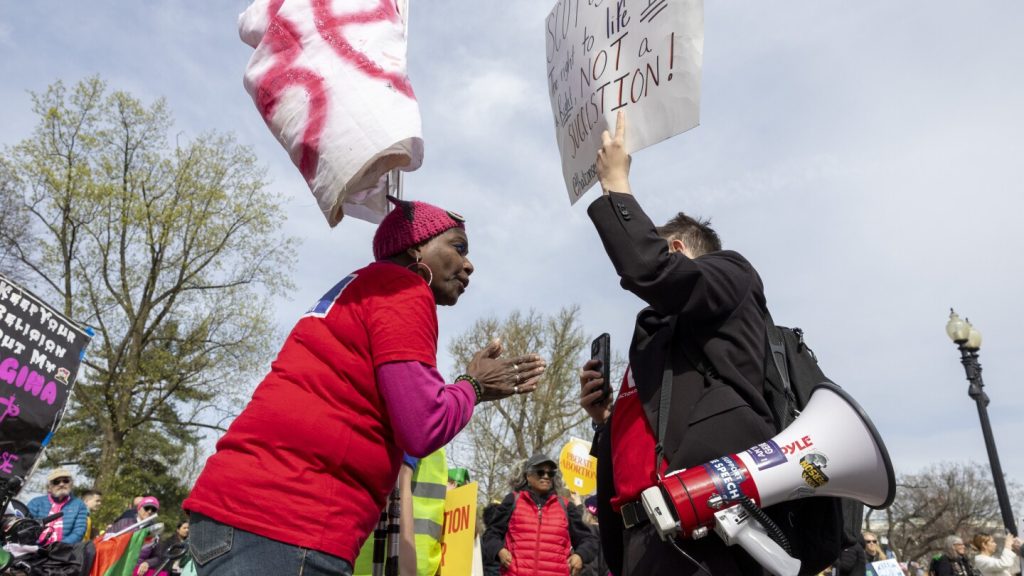The Supreme Court is expected to preserve access to the medication used in nearly two-thirds of all abortions in the U.S. last year in its first abortion case since overturning Roe v. Wade two years ago. The case revolves around the medication mifepristone, which allows patients to receive the drug through the mail without an in-person visit with a doctor and induce an abortion through 10 weeks of pregnancy. The court seems likely to rule that the abortion opponents challenging the FDA’s approval of the medication lack the legal right or standing to sue, avoiding more politically sensitive aspects of the case.
The Biden administration’s top Supreme Court lawyer, Solicitor General Elizabeth Prelogar, argued that anti-abortion doctors and organizations do not have the standing to challenge the FDA’s decisions regarding mifepristone. Even conservative justices, including Amy Coney Barrett, Neil Gorsuch, and Brett Kavanaugh, raised doubts about whether the abortion opponents had the legal grounds to bring the case. The outcome of the case, expected by early summer, could have significant political consequences and affect races for Congress and the White House.
Abortion opponents are seeking to limit access to mifepristone, one of two drugs used in medication abortions, through a ruling from a conservative federal appeals court. If successful, the ruling could halt the delivery of mifepristone through the mail and end telehealth visits where the drug can be prescribed. President Biden’s administration and drug manufacturers warn that such an outcome could undermine the FDA’s drug approval process and invite judges to second-guess the agency’s scientific expertise. The court’s decision could also impact future cases related to abortion rights.
The ongoing case has sparked lively demonstrations outside the Supreme Court, with both abortion-rights activists and opponents rallying and chanting. The practical consequences of a ruling in favor of abortion opponents could be dramatic, affecting the availability and delivery of mifepristone as well as popular telehealth services for medication abortions. The arguments in the case have focused on technical legal issues, with justices like Samuel Alito and Clarence Thomas questioning the details of the case, including the delivery of mifepristone through the mail.
More than 6 million people have used mifepristone since 2000, making it a crucial medication for medication abortions. Health care providers have raised concerns that if mifepristone becomes unavailable or harder to obtain, they would have to rely solely on misoprostol, which is less effective in ending pregnancies. The Supreme Court’s decision in this case, along with the broader regulatory landscape surrounding abortion rights, could have lasting implications for access to reproductive healthcare in the U.S. The arguments before the court have highlighted the complex legal and political issues at play in the ongoing debate over abortion rights.


